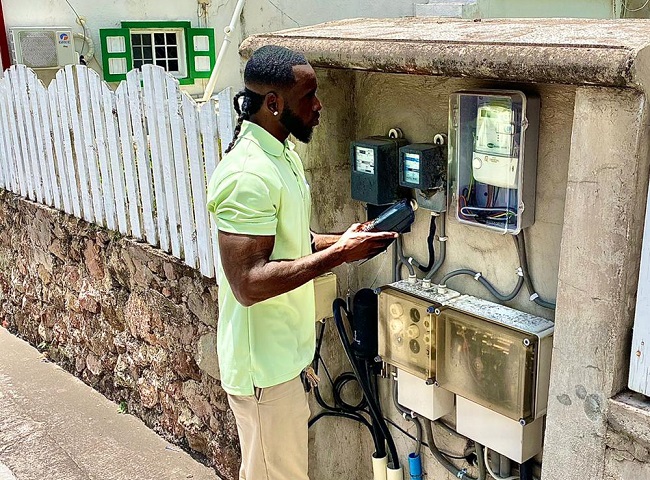SABA — The burden of the steep, more than 30% increase in the electricity price since last year for consumers on Saba will be reduced to 10% thanks to a subsidy that the Public Entity Saba will be making available to the Saba Electricity Company (SEC).
Because of higher fuel prices on the international market, the cost of producing electricity has gone up considerably. If the increase of fuel price is passed on to the consumers, the electricity tariff would go up by 26.924% without the subsidy. The Authority for Consumers and Markets (ACM) in the Netherlands has set the new maximum tariff per July 1, 2022.
To help mitigate the steep price increase for the Saba consumers, SEC and the Public Entity Saba recently met to discuss the possibility of sharing the costs of lowering the electricity tariff increase. Subsequently, the Public Entity Saba has decided that it will make a subsidy available to SEC to enable the company to reduce the price hike from the original 30% to 10%.
The tariff reduction through this subsidy will benefit all consumers and will be in place until the end of the year. The Public Entity Saba considers the subsidizing of the electricity tariff a poverty alleviation measure that benefits the entire community in these times when the prices of goods and services are rapidly increasing around the world.
The idea is that the fuel demand will decrease in the future when a higher portion of renewable energy is generated via solar and wind power. Saba already generates a large part of its electricity demand via the solar parks next to the airport.
Aside from the local government subsidy to SEC to reduce the price increase, additional assistance for low-income families in the current trying times will be coming from the Ministry of Social Affairs and Labor (SZW) and the Ministry of Economic Affairs and Climate (EZK) in the Netherlands.
These ministries recently announced that they will help low-income households on Saba, as well as on Bonaire and St. Eustatius, with a one-time compensation of US $850 per household to mitigate the effects of higher energy prices. In total, the ministries have made 4.4 million euro available for the three islands. Further information about this compensation will be shared in the near future.




























